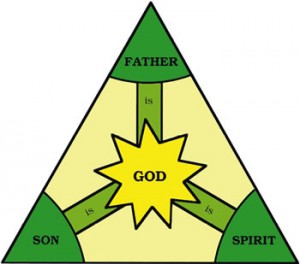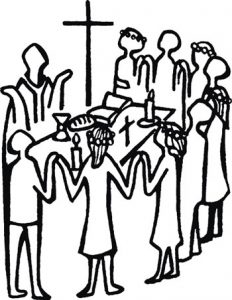Thinking for yourself
Most of the pieces I write for the Marist Messenger are sharing with you all the thoughts that have been going through my own mind. It’s only in these later years of my life that I have given much mind to philosophy and puzzling about spiritual truths and mysteries.
In the earlier years of my life our Church didn’t want us to do any thinking for ourselves on spiritual matters. In fact we were not even encouraged to read the Bible in case we might get heretical ideas! Poor old Rome had suffered such a kick in the solar plexus with the Reformation that it had set Catholic teaching in concrete. We were confined in a religious ghetto which permitted no spiritual contact with Protestants for the next four centuries - until Vatican II blew open the windows.
I’ve found that thinking and trying to gain a better insight into the truths and mysteries of our faith has enriched my spiritual life and is a form of prayer. I think I’m better able to get a handle on spiritual mysteries, even though I don’t expect to comprehend them. Rather, they become more real to me.
However I have had to set some rules for myself. This thinking has to be a positive exercise, not a negative one. It’s not about justifying doubts or questioning the teaching of the Church. It’s a matter of enriching my faith – not weakening it.
How to strengthen my trust in the Church today?
Being better able to realise more vividly the depth and reality of great mysteries like the Trinity?
How to make sense of the dichotomy of good and evil?
How do I relate to the different persons of the Trinity? 
What must it be like to meet God, the original author of everything beautiful mankind has dreamed of?
Will we meet Jesus, our brother, in his glorified human body?
What an inspiration to know the Holy Spirit!
What will heaven and eternity be like – an endless, glorious now? Will its joys be in proportion to our closeness to God in this life?
God gave us all an imagination – a sense of wonderment. Let’s use it together with our other talents!
Above all it must not be a matter of moral vanity; allowing myself to think that I know better than others. That leads to the worst sin of pride – believing that what is beyond my comprehension can’t be true. For that would be the overweening intellectual vanity of the atheist.




 Entries(RSS)
Entries(RSS)